Announcer:
The following program is a PBS Wisconsin original production.
Susan Crawford:
And to the people of Wisconsin. Thank you.
Frederica Freyberg:
Voters made clear their preference for the liberal candidates in the spring statewide races as victories and concessions ensued not long after the polls closed.
I’m Frederica Freyberg. Tonight on “Here & Now,” Zac Schultz recaps the historic race for the Wisconsin Supreme Court and the Democratic chair tells us how they did it. Economic Secretary Missy Hughes on the incoming tariffs and our political panelists give us their take on all the election results. It’s “Here & Now” for April 4.
Announcer:
Funding for “Here & Now” is provided by the Focus Fund for Journalism and Friends of PBS Wisconsin.
Frederica Freyberg:
The most expensive state Supreme Court race in U.S. history results in a blowout win for Susan Crawford. Unofficial results show the liberal candidate, Crawford, defeated conservative Brad Schimel by ten points and the 2.3 million total votes cast equals a 50% turnout rate, both of which are records for a Supreme Court election in Wisconsin. “Here & Now” senior political reporter Zac Schultz was with Crawford on election night and has the story.
Susan Crawford:
All right, Wisconsin, we did it.
Zac Schultz:
Susan Crawford’s election night event turned into a victory party a lot earlier in the evening than anyone expected. As the polls closed at 8:00, supporters were preparing for a long night and were caught off guard as national election observers started calling the race for Crawford. Soon enough, retiring Supreme Court Justice Ann Walsh Bradley came to the stage to announce Crawford had won her seat on the court.
Ann Walsh Bradley:
Justice-elect, the future of the Wisconsin Supreme Court, Susan Crawford.
Zac Schultz:
She took the stage with the rest of the liberals, showing this election was not just about one seat, but securing a liberal majority on the court for at least the next three years.
Susan Crawford:
Today, Wisconsinites fended off an unprecedented attack on our democracy, our fair elections and our Supreme Court and Wisconsin’s stood up and said loudly that justice does not have a price. Our courts are not for sale.
Brad Schimel:
The numbers aren’t going to — aren’t going to turn around. They’re too bad and we’re not going to pull this off.
Zac Schultz:
In Pewaukee, Brad Schimel had planned for his band to play a much longer set list, but had to cut it off early to tell his supporters it was over.
Brad Schimel:
I’ve called Judge Crawford and conceded.
Crowd:
No, no.
Brad Schimel:
No, no, no, no. You got to accept the results.
Zac Schultz:
In the closing weeks, the race had spiraled beyond the typical Wisconsin Supreme Court election. With $100 million in spending, the race became nationalized and Wisconsin voters were being asked to elect a justice and deliver a referendum on Donald Trump, all while Elon Musk wore a cheesehead and handed out million-dollar checks.
Susan Crawford:
I never could have imagined that I’d be taking on the richest man in the world for justice in Wisconsin, and we won.
Zac Schultz:
Musk’s spending certainly boosted conservative turnout, but it also boosted liberal turnout.
Ana Wilson:
I think a lot of it has to do with Brad Schimel and with him kind of being with Elon Musk and the whole, you know, backed up by billionaires thing. I think, I think a lot of people were like, you know, Elon Musk doesn’t deserve to be in Wisconsin politics.
Zac Schultz:
With the majority secured, liberal advocates are expected to push cases that would overturn Act 10 and redraw the lines for Wisconsin’s congressional delegation.
Susan Crawford:
I look forward to working with my colleagues on the Wisconsin Supreme Court to deliver fair and impartial decisions.
Zac Schultz:
Not all her colleagues are ready to welcome her with open arms. Justice Rebecca Bradley is the most outspoken of the conservative minority and up for re-election next April.
Rebecca Bradley:
I think with Judge Crawford’s win, we’re going to see a continued politicization of the judiciary. And unfortunately, over the last couple of terms, my four liberal colleagues have ruled uniformly with the Democratic Party, which is why you saw all this money come in.
Zac Schultz:
Crawford will take the bench in August to start her ten-year term.
Susan Crawford:
Together, we will confront and overcome the challenges we face as our state’s motto says, everybody…
Crowd:
Forward!
Susan Crawford:
Thank you from the bottom of my heart. Wisconsin, I am forever grateful. Thank you.
Zac Schultz:
Reporting from Madison, I’m Zac Schultz for “Here & Now.”
Frederica Freyberg:
It seemed like the whole world was watching Wisconsin and its Supreme Court election this past Tuesday. How does the victory for liberal Judge Susan Crawford inform the political direction more broadly going forward? We check in with chair of the Democratic Party of Wisconsin, Ben Wikler, and thanks very much for being here.
Ben Wikler:
Thanks for having me, Frederica.
Frederica Freyberg:
So were you expecting a ten-point lead for Susan Crawford?
Ben Wikler:
I was not. You know, the Republicans, Elon Musk, the whole kind of right-wing machine poured more money into this race than we’ve ever seen in any judicial election in American history. And it seemed hard to believe they didn’t have a theory behind it. As it turned out, they did drive up their turnout. They won enough votes to defeat Janet Protasiewicz in 2023. They hit their target. It’s just that the number of votes for Susan Crawford was so much more. This was a combination of an amazing candidate with a superb campaign and full support from the party and all the different allied groups. Also, Elon Musk personally inserting himself in a way that I think incited more people to vote against Brad Schimel than for Brad Schimel. And then on top of all that, there’s a rage in the electorate right now about what’s happening to this country. The sense that our, our Constitution is being ripped to shreds, that Social Security is under attack. Things that should be politically off limits are being torn to pieces by Elon Musk, Donald Trump and the Republicans. And I think that expressed itself in a margin of victory that not only says something about this race and people’s preference for the integrity of Susan Crawford over what they saw in Brad Schimel, but also the direction of politics in this whole national moment.
Frederica Freyberg:
When you saw Elon Musk in Green Bay, up on stage with a cheesehead. What was going through your head?
Ben Wikler:
Well, first of all, I thought, that’s not your cheesehead buddy. Secondly, it felt to me like Wisconsin can’t fall for this. Surely it can’t fall for this. This is the richest man in the world who is pulling money out of the pockets of people all over our state. They just fired everyone involved in the low-income home heating program. These are programs that help people stay warm in the winter in Wisconsin, that they’re dismantling to fund extra tax cuts for people like Elon Musk. So that’s happening with one hand. The other hand is holding $1 million novelty check. It was such a transparent attempt to buy our election and our democracy in order to enrich the already ultra wealthy at the expense of working people, that it felt like — I hoped with all my being that it would backfire. As it turned out, it backfired big time.
Frederica Freyberg:
How do Democrats intend to trade on the Trump agenda going forward?
Ben Wikler:
Well, unfortunately, there’s a huge amount to run against, and Democrats can simply say what we’re for. We believe in a country that works for working people, not just for the ultra-wealthy. We believe every person should have basic freedoms and dignity and respect, and that creates a gigantic contrast with an administration that seems intent on torpedoing the entire economy. And then, you know, carving out chunks of special favors for the wealthy friends of the president as though he’s a mob boss dividing up the spoils. This is a totally catastrophic administration that seems to be intent on steering us into a recession. And all the Republicans in Congress and in the Senate, they seem to chicken about mean tweets from Trump and Elon Musk, or maybe primary challenges to do anything about it. So there’s going to be a wave. You can already feel it building. You could see the first cresting of that wave in Wisconsin on Tuesday. But I think it’s going to sweep this whole country for these next two years and probably the next four years, because they’re so, so bad at this right now. And Democrats actually believe in, in making government work for people.
Frederica Freyberg:
What kind of advice do you have for Democrats nationally to replicate what happened in Wisconsin this week?
Ben Wikler:
Well, first, what Susan Crawford did, I think, is really a model. She was crystal clear at every stop. She would say, “I never dreamed as a little girl growing up in Chippewa Falls, that I’d be up against the richest man in the world.” She made the case about her integrity by telling her life story about growing up with a sibling with special needs, who she took care of. A protective instinct. Her work as a prosecutor and then working in state government. Then in private practice defending Planned Parenthood, which drew a contrast on abortion, which is still a very powerful issue in our state. I think a lot of states. And then as a judge, how she treated everyone equally, who walked into her courtroom, and then the contrast was corruption. So it wasn’t just that Brad Schimel was very far right wing and supported the abortion ban. It was also the corruption of giving special favors to his campaign contributors and Elon Musk and Trump are sort of guaranteeing that every Republican in Washington gets caught in that swirl of corruption right now. The message about who’s serving the ultra-rich and who’s serving regular folks. That ties into a question of character. And I think for Democrats being clear about their character, about their values, about who they’re going to work for and fight for and then drawing a clear contrast with the other side, not wavering or backing down or cowering. That actually is a model I think will work well. People want to see candidates who are ready to fight for things that most Americans believe in. And I think that’s what Democrats can offer.
Frederica Freyberg:
What is your comment on being a part of the most expensive court race in U.S. history?
Ben Wikler:
My comment is it is long past time for campaign finance reform. This is preposterous. And I say that, you know, the Democrats have outraised Republicans in our state party for most of the last bunch of years. And I was saying that even then, it’s part of our state party platform very clearly. If Democrats regain control, let’s clean up our politics. And if Republicans would like to actually join Democrats to do that, let’s get started together. But this idea that the richest people in the world should blunder in, hand out million dollar checks and try to buy our democracy. It’s an affront to the idea of a country where the people are supposed to rule, not the power of wealth. And we have a lot of work to do to create a change.
Frederica Freyberg:
Ben Wikler, thanks very much.
Ben Wikler:
Thanks so much.
Frederica Freyberg:
Despite being a contentious race in its own right, the election for the next superintendent of public schools had nearly 200,000 fewer votes than the Supreme Court. Still, the liberal candidate, Jill Underly, had an almost six-point lead over her opponent, Brittany Kinser.
Jill Underly:
It’s a testament to our shared commitment to ensuring that every child in Wisconsin has access to a high-quality education, regardless of their ZIP code. And together, we’ve championed the belief that public dollars should fund public schools. And tonight, that belief has been reaffirmed. So over the past four years, we’ve made significant strides. We’ve seen our graduation rates reach the highest in state history. And our schools climb to be ranked sixth in the nation by U.S. News and World Report, up from 14th in 2020. We’ve implemented higher standards in math and science, expanded career and technical education, and passed a new bipartisan literacy law to ensure our students are better prepared for the future. But our work is far from over. We face challenges ahead, including navigating the uncertainties brought by changes at the federal level and with the Trump administration hell bent on dismantling the U.S. Department of Education, our role in defending and advocating for public schools becomes even more critical.
Brittany Kinser:
We cannot settle for only three out of ten of our children — I’m sorry, three out of ten children reading well enough to go to college or have a career. We cannot settle for only 5% of our Black children in Milwaukee reading well enough to go to college. It is a reading crisis, and I’m so glad that we were able to elevate this reading crisis so that all of you who are listening to me now will get in this fight for our children.
Frederica Freyberg:
Last week, we shared a story about the Racine Unified School District going into a crucial operational referendum on Election Day. That $190 million question passed, along with 51 school funding referenda across the state. There were 38 that failed, 30 of those that passed were operational, preventing massive cuts to programs and staff in those districts. More than half that passed did so with razor thin margins.
The Trump tariffs hit this week. The across-the-board taxes on imports into the U.S. are combined with reciprocal tariffs hiking the tax on countries with larger trade imbalances. Holding steady with the 25% tariffs on Canada and Mexico on steel and aluminum, and on cars for other countries, the 10% baseline tariffs on all goods imported into the U.S. will see higher reciprocal rates, like the 20% tariffs on imports from the European Union. Governor Tony Evers and CEO of the Wisconsin Economic Development Corporation, Missy Hughes, are just now on a trade mission to France and Germany. Is this good timing or bad? We turn to Secretary Missy Hughes, who’s in France. And thanks very much for joining us from there.
Missy Hughes:
Yeah, good afternoon from France.
Frederica Freyberg:
So, Secretary Hughes, what has been the reaction where you are to these U.S. tariffs?
Missy Hughes:
Well, we’ve really seen generally a lot of disappointment from the French officials and the German officials and the businesses that we’ve been meeting with. It’s a real surprise over what’s happened. You know, everyone has expressed to me, we have had incredible long-term friendships and really a lot of confusion and misunderstanding or, you know, confusion about what’s happening and what the future holds.
Frederica Freyberg:
So as to retaliatory tariffs being considered by other countries, what will that mean for U.S. exports, particularly for Wisconsin?
Missy Hughes:
Well, for Wisconsin, we’re going to see challenges around, especially our industrial machinery, our large pieces of machines and equipment that we are building and exporting to countries like Germany for use for food processing and the medical industry. So we’re really going to face real challenges for our businesses. And we have businesses every day that, like businesses we’ve brought here to Germany that are exploring exporting. And this is really going to be a challenge for them as they seek new markets.
Frederica Freyberg:
So your trade mission is to promote exports, of course. And international investments in especially, I understand, Wisconsin’s biohealth sector. For its part, I understand that France is talking about targeting U.S., the U.S. tech sector. What do you say to your counterparts in Europe in the face of this?
Missy Hughes:
Well, first and foremost, you know, things are changing every day. So before we even get into conversations about tariffs, we’re talking about our long-term partnerships. We’re talking about how Wisconsin is here, ready to continue these relationships. But when we’re talking about retaliatory tariffs or the tariffs that the U.S. is putting on these countries, it’s really concern about sending the economy into a recession. And there’s a fear that even if the tariffs are alleviated, the chill, chilling effect that this is going to have on the economy and the potential recession is really causing concerns for future investment.
Frederica Freyberg:
So we are seeing the stock market sinking. Certainly consumer confidence is unsteady. You speak about recession for Wisconsin, for the U.S., for the globe?
Missy Hughes:
Yeah. You know, I mean, if you, if you think about the impacts of the tariffs, a company that might be making an investment, a company that might be hiring people is going to stop and say, well, let’s wait and see what happens. And that has a domino effect, then really creating a slowdown and really creating a recession. I have companies that are talking to me from Wisconsin who are very concerned about what the future holds. They have relied on open trade between Mexico and Canada. They’ve created supply chains in that way, and now they’re really worried about what’s going to be the future and this unpredictability and instability is really hard for businesses to plan around.
Frederica Freyberg:
As to the tariffs on Mexico and Canada, what is the current and potential future impact on Wisconsin?
Missy Hughes:
Well, I think first and foremost, we’re going to see impacts on everyday Wisconsinites’ pocketbooks. We’re going to see increases in grocery costs. We’re going to see increases in gas and prices. And that’s really going to be having an effect right away. Longer term we’ll see companies really thinking about how do they re-jigger their supply chains. And can they do that because they’ve relied on buying from Mexico or buying from Canada and even sending parts back and forth across the borders. And now they’re going to have to make decisions about how to continue to make that work, or to move into new or more difficult types of business.
Frederica Freyberg:
So overall, should we expect higher prices on just about everything?
Missy Hughes:
It’s hard to imagine that this isn’t going to have an impact through and through and through. Even a company I was talking to that imports coffee is facing incredible tariffs. And so we can expect you know, just at the beginning of our day with coffee to have higher costs. And you know we might see increased costs in health care because we’ll see medical devices and perhaps drugs costing more. So I think everywhere we’re going to see real challenges to what we expect and how we pay our bills.
Frederica Freyberg:
What can someone like you in your position do about any of this?
Missy Hughes:
Well, first and foremost, we want to provide really good information to our companies. As you’ve pointed out, the tariffs are complex. Whether they’re reciprocal or coming into the country. We want to make sure they have the best information about that and then as they explore ways to mitigate risks or ways to move their supply chain around, we want to be there with the best information to be able to supply them and help them react in the most successful way.
Frederica Freyberg:
Secretary Missy Hughes, joining us from France. Thanks so much.
Missy Hughes:
Thank you.
Frederica Freyberg:
What a week. A barn burner of a state Supreme Court election, followed up by head spinning Trump tariffs, all as the beat goes on with Elon Musk and DOGE within the administration. Here to discuss are political analysts Republican Bill McCoshen and Democrat Scot Ross. And thanks for being here.
Bill McCoshen, Scot Ross:
Thanks for having us.
Frederica Freyberg:
So, Scot, how big of a gift was Elon Musk to Susan Crawford’s campaign?
Scot Ross:
Well, I think he certainly didn’t help things. But this was about Trump, you know. And when Trump finally gets tired of Musk and dumps him, the failure, the incompetence, the authoritarianism, the rejection of the rule of law, the stealing away of people’s money in their retirement accounts, that’s going to still be there. This anger is going to, going to continue. It’s going to continue into 2026. But again, I don’t think that the — I don’t think that Musk helped the cause. I mean, granted, he and Uihlein and you know Hendricks, they spent a fortune to try and win this seat, but they didn’t because Democrats, independents and even some Republicans stood up and said, what’s going on with the Trump administration does not work for Wisconsin.
Frederica Freyberg:
Bill, do you think that the entry of Musk and Donald Trump into Brad Schimel’s campaign was a good idea?
Bill McCoshen:
Part of it but I want to pick up on something Scot said first. Democrats were motivated. They were angry. They were pretty beaten down in November when Trump won. I don’t think they ever thought that was possible. It was possible. Trump not only won here, but he got the most votes in history in the state of Wisconsin. So Democrats here did all they could to make sure that their base turned out. Turnout was very high. It was, it was gubernatorial levels. 2.4 million people, which in a spring election is unheard of. I thought the higher turnout actually would help Brad Schimel. It helped Democrats more. On the Musk’s thing, I think without his money, Schimel would have lost by worse. I think it might have been 14 or 15 points. I think were there — where Musk’s team crossed the line was on giving away checks. That didn’t sit well with Wisconsin voters, and it super fired up Democrats at the end. I was at the Musk event in Green Bay. There were probably 400 protesters outside that event in sleeting rain. And it was — they were fired up.
Scot Ross:
Yeah, I mean, those people better cash those checks quick, you know, because they most likely won’t be able to be cashed. But, you know, the thing about it is, if you look at the numbers, literally every single of the 72 counties in Wisconsin went more Democratic, went more left than they did in November ’24. And this was not a special election. This was a regularly scheduled election. We had turnout that was higher than 38, 38 states off year turnout last time. Like it was a — it was a pasting. It was so, so much of a pasting that like, I don’t know, Derrick Van Orden wasn’t drunk yet and Chuck Schumer was still awake.
Bill McCoshen:
Both turnouts were up. Republican turnout was up. It just wasn’t up as much as Democrats.
Scot Ross:
Or independents. I mean independents were there with, with the Democrats on this one.
Frederica Freyberg:
Do you think that follows through?
Scot Ross:
Absolutely, because it’s not going to get any better. We just saw with what’s going on in three — you have $30 trillion of wealth being shot out the window with the Trump tariff tax tax going. It’s not. It’s getting worse. People are looking at their retirement accounts now. You know, if you’re Bill’s age, you can put $8,000 in your IRA. Other people, it’s $7,000. And people are seeing years and years of the money they invested in their IRA wiped out like that.
Bill McCoshen:
Spring elections don’t correlate to what happens in the fall. I’ll give you the example. Janet Protasiewicz won by ten points, which is exactly what Susan Crawford won in 2023 in the spring. Donald Trump came back and won in 2024.
Frederica Freyberg:
There’s that.
Scot Ross:
Yeah, but this is an off-year election in 20 — in 2026. And Democrats are going to be motivated and independents are going to be because of what’s going on with the economy and how badly things are going.
Frederica Freyberg:
I want to bring this to you, Bill. Wisconsin conservative Rick Esenberg said this. “I’m not surprised that populist voters didn’t care about having a conservative court. They aren’t conservative. They are, rightly or wrongly, resentful and alienated. What it takes to attract the populist vote limits the conservative vote.” How do you navigate this?
Bill McCoshen:
Well, we got some soul searching to do on our side, whether it’s the state party or the ally groups, and there are many that have been helping Republican candidates. Everything we did wasn’t enough. And it wasn’t enough by a lot. When you lose by ten points, it’s not just one thing. It’s multiple things. So I think the party’s got to do some soul searching on where we go from here. To Esenberg’s point, he’s right. There are low propensity voters that do turn out for Donald Trump, but they also turn out for Donald Trump’s agenda. I think where Republicans came up short, particularly in the Supreme Court race, is Brad Schimel wasn’t clear enough about what his agenda was, what he, what he stood for. And the Marquette Poll in March told us 80% of Wisconsin voters actually want to know what judicial candidates’ position is on issues, which I find sort of appalling, but that’s where the public is. They want to know where you stand. These are no longer nonpartisan races. They’re very partisan.
Frederica Freyberg:
It’s a sea change.
Scot Ross:
This isn’t — this race was not about some fracture between two parts of the Republican Trump Party. This was about Democrats, independents, and even some Republicans going out and saying, we reject what Donald Trump’s doing. They have taken over government. There needs to be a check on them. That check needs to be Susan Crawford, and it’s not going to get any easier for the Republicans. And if you think about, like, what the next race is, you know, April 2026, Rebecca Bradley, the best chance that Republicans have is if she gets a federal judgeship and Tony Evers, Governor Evers gets to appoint a successor because she is so toxic. She is more toxic than even Brad Schimel or Dan Kelly.
Frederica Freyberg:
Do you want to respond to that?
Bill McCoshen:
I think she’s tough as nails and that’s the kind of candidate we need. (A) We need a female candidate. (B) We need somebody who’s tough as nails that’s willing to fight for the job.
Frederica Freyberg:
So with about a minute and a half left, how seismic was Crawford’s win given what’s about to come before the court?
Bill McCoshen:
Well, it preserves a liberal majority for three more years. Republicans or conservatives cannot get the majority again until the spring — actually the summer of 2028. So what will be will be now for three years minimum. And that includes school choice. It includes Act 10. It includes a variety — voter ID, thankfully is no longer under consideration because the voters overwhelmingly passed that. But there are a lot of things that will come before the court. And if you’re a business owner here in the state of Wisconsin, buckle up. Could get rough.
Scot Ross:
Listen, there have been freedoms under assault in Wisconsin for the 15 years that Republicans controlled the Supreme Court. Now that we have, you know, serious justices in there who will look at the law and not interpret the law, I think we’re going to have a lot more, a lot more cases coming before the court in a way that’s going to preserve freedom here in the state of Wisconsin and restore some of the freedoms that have been taken away.
Frederica Freyberg:
We leave it there. Scot Ross, Bill McCoshen, thank you.
For more on this and other issues facing Wisconsin, visit our website at PBSWisconsin.org and then click on the news tab. That’s our program for tonight. I’m Frederica Freyberg. Have a good weekend.
Announcer:
Funding for “Here & Now” is provided by the Focus Fund for Journalism and Friends of PBS Wisconsin.
Search Episodes
News Stories from PBS Wisconsin

Donate to sign up. Activate and sign in to Passport. It's that easy to help PBS Wisconsin serve your community through media that educates, inspires, and entertains.
Make your membership gift today
Only for new users: Activate Passport using your code or email address
Already a member?
Look up my account
Need some help? Go to FAQ or visit PBS Passport Help
Need help accessing PBS Wisconsin anywhere?

Online Access | Platform & Device Access | Cable or Satellite Access | Over-The-Air Access
Visit Access Guide
Need help accessing PBS Wisconsin anywhere?

Visit Our
Live TV Access Guide
Online AccessPlatform & Device Access
Cable or Satellite Access
Over-The-Air Access
Visit Access Guide
 Passport
Passport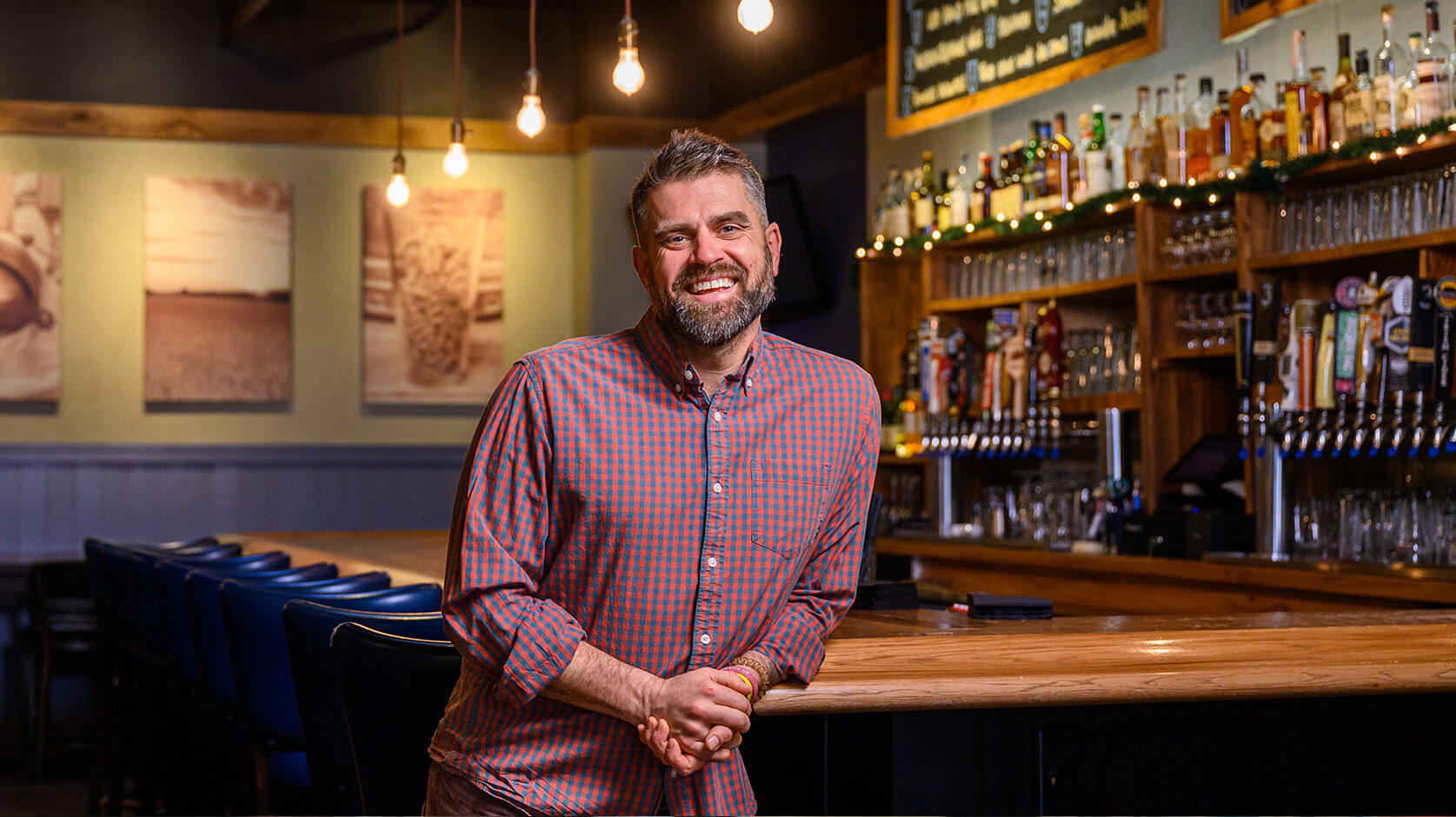

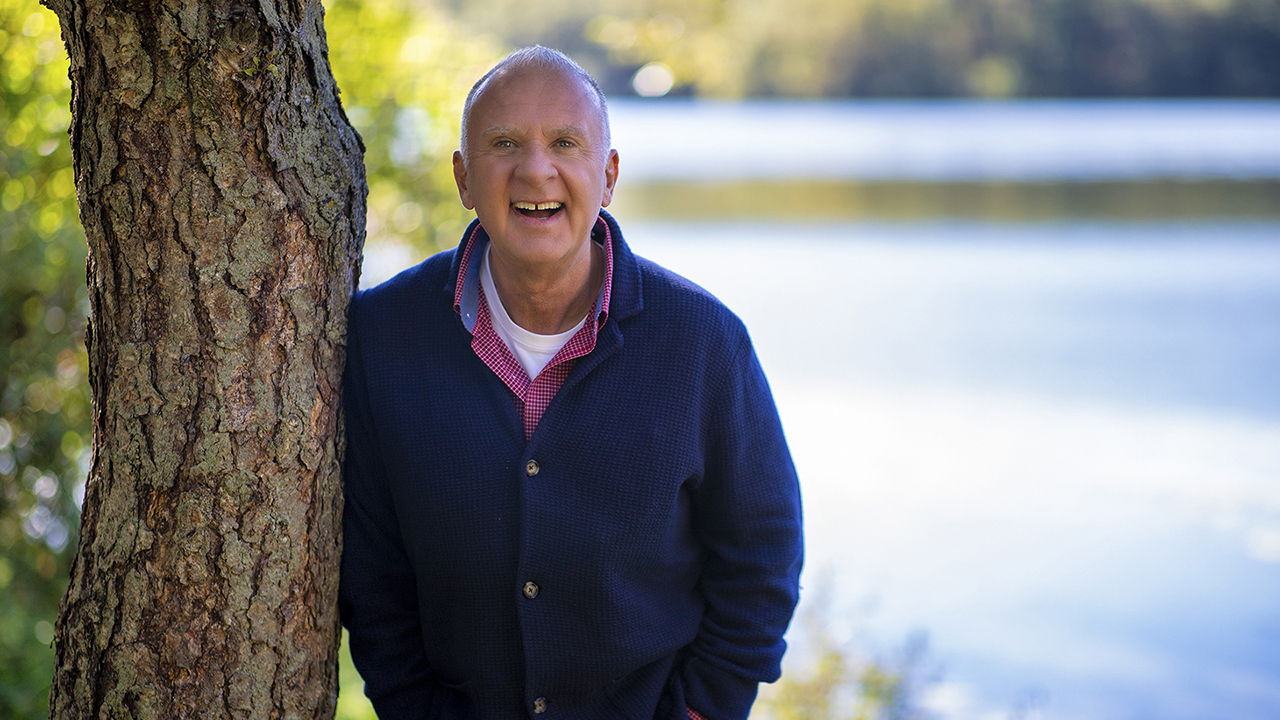



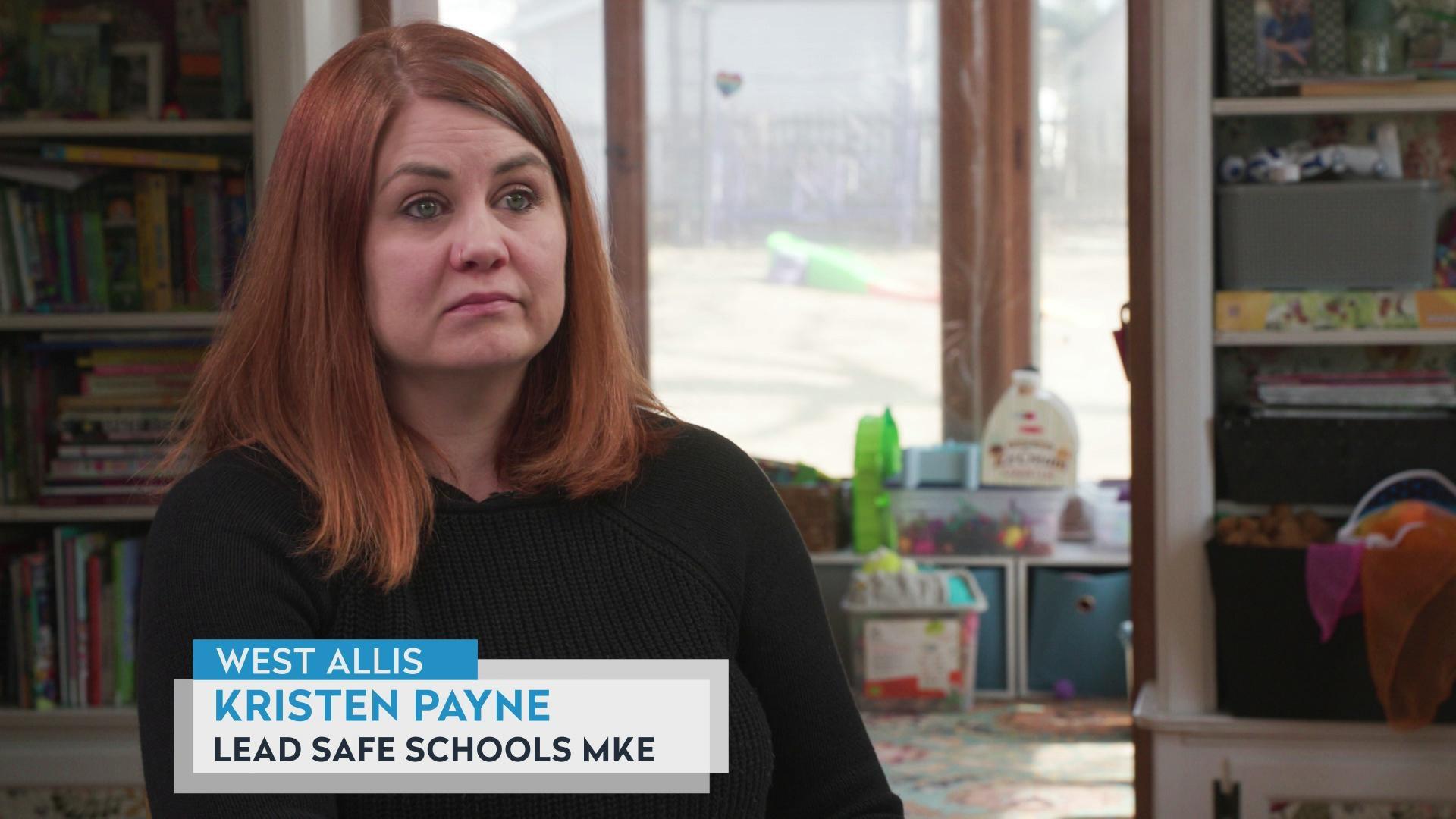
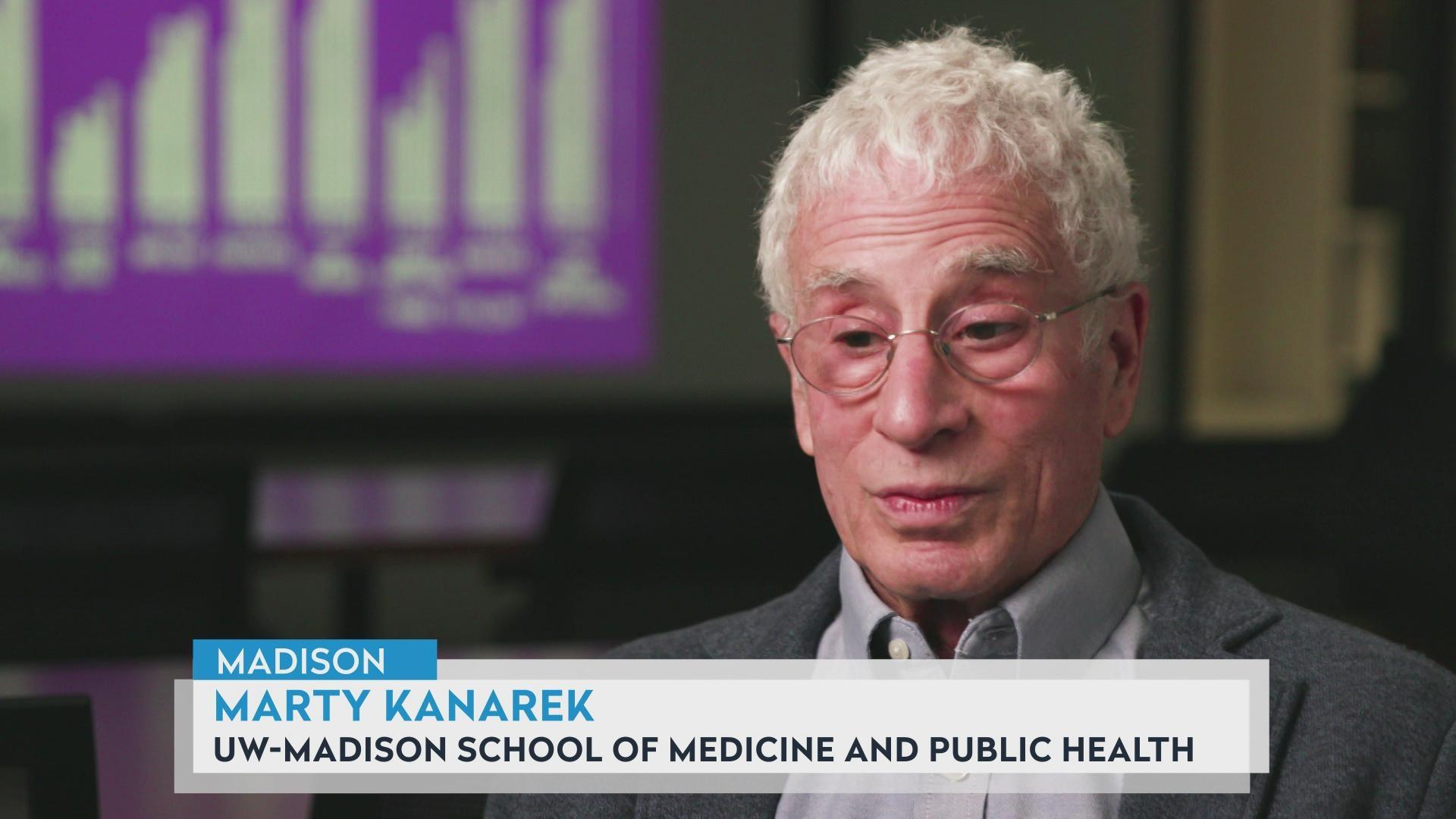
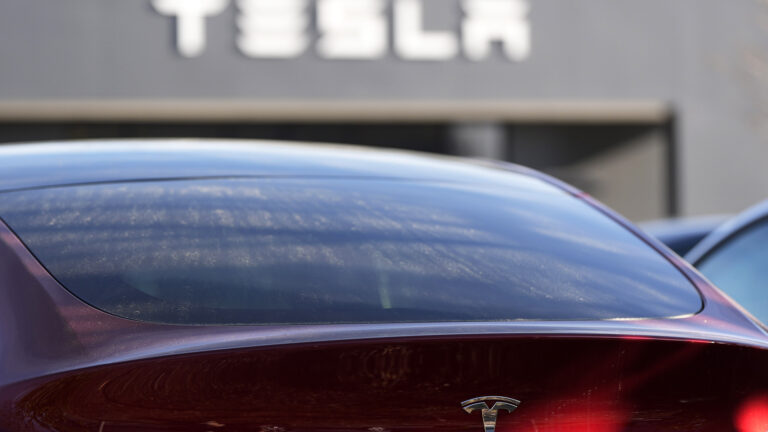
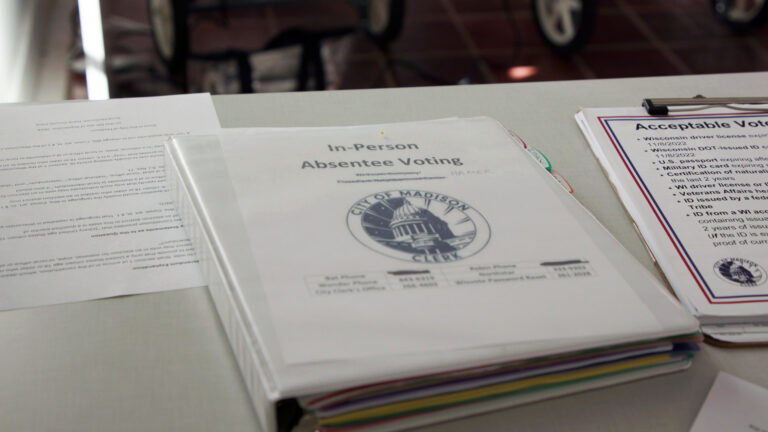
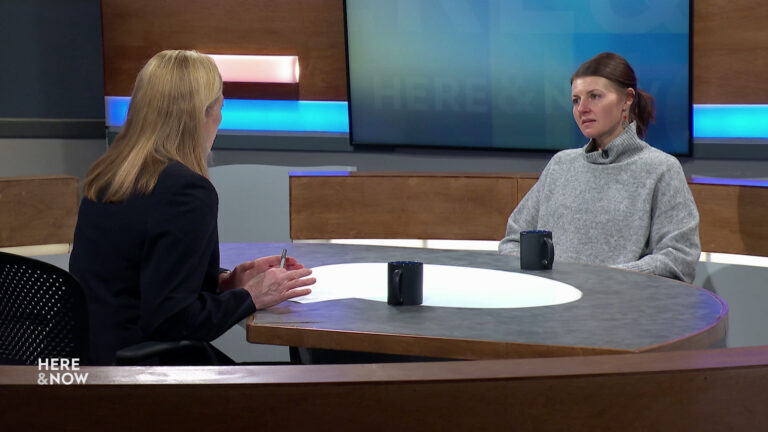
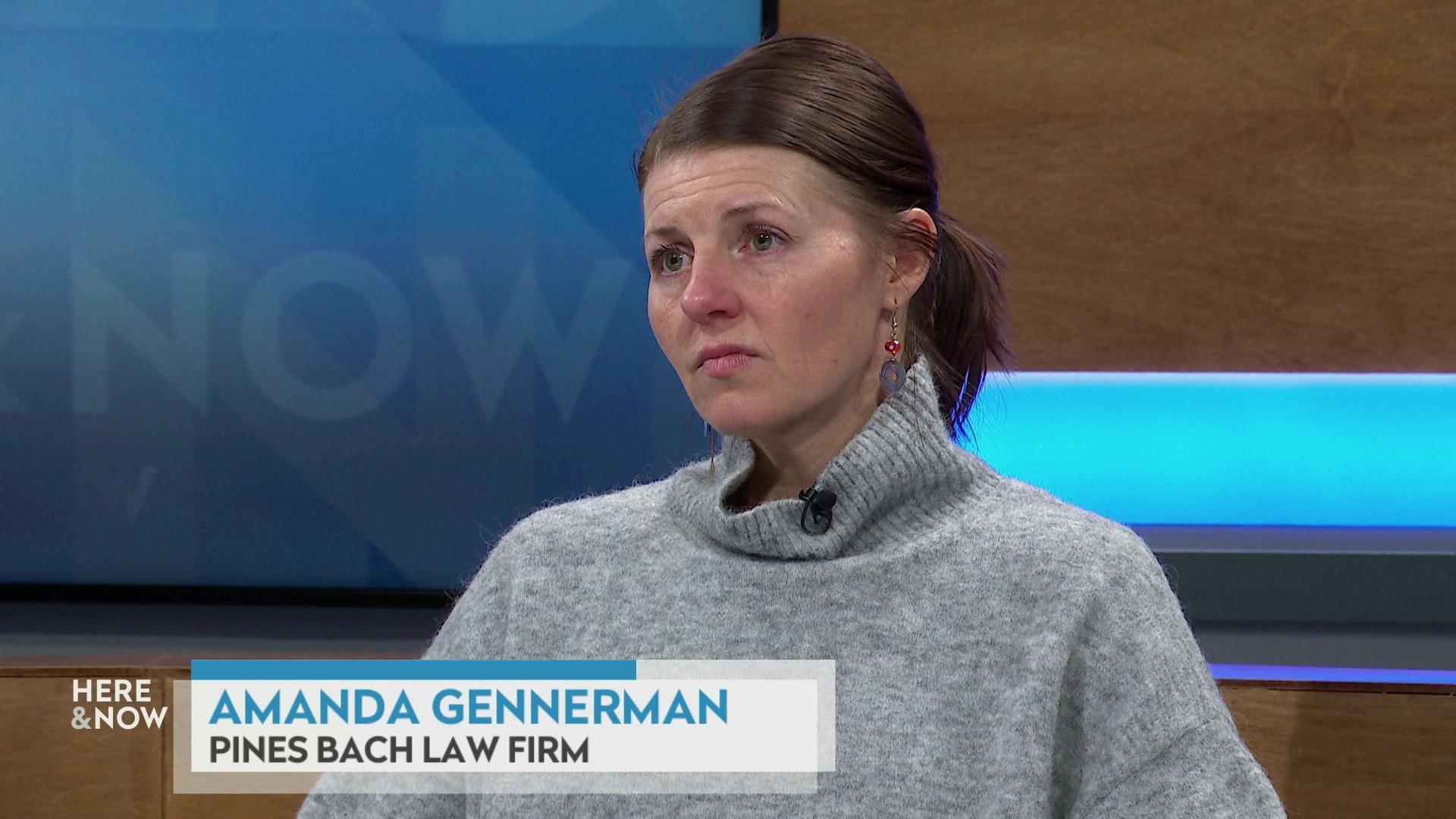
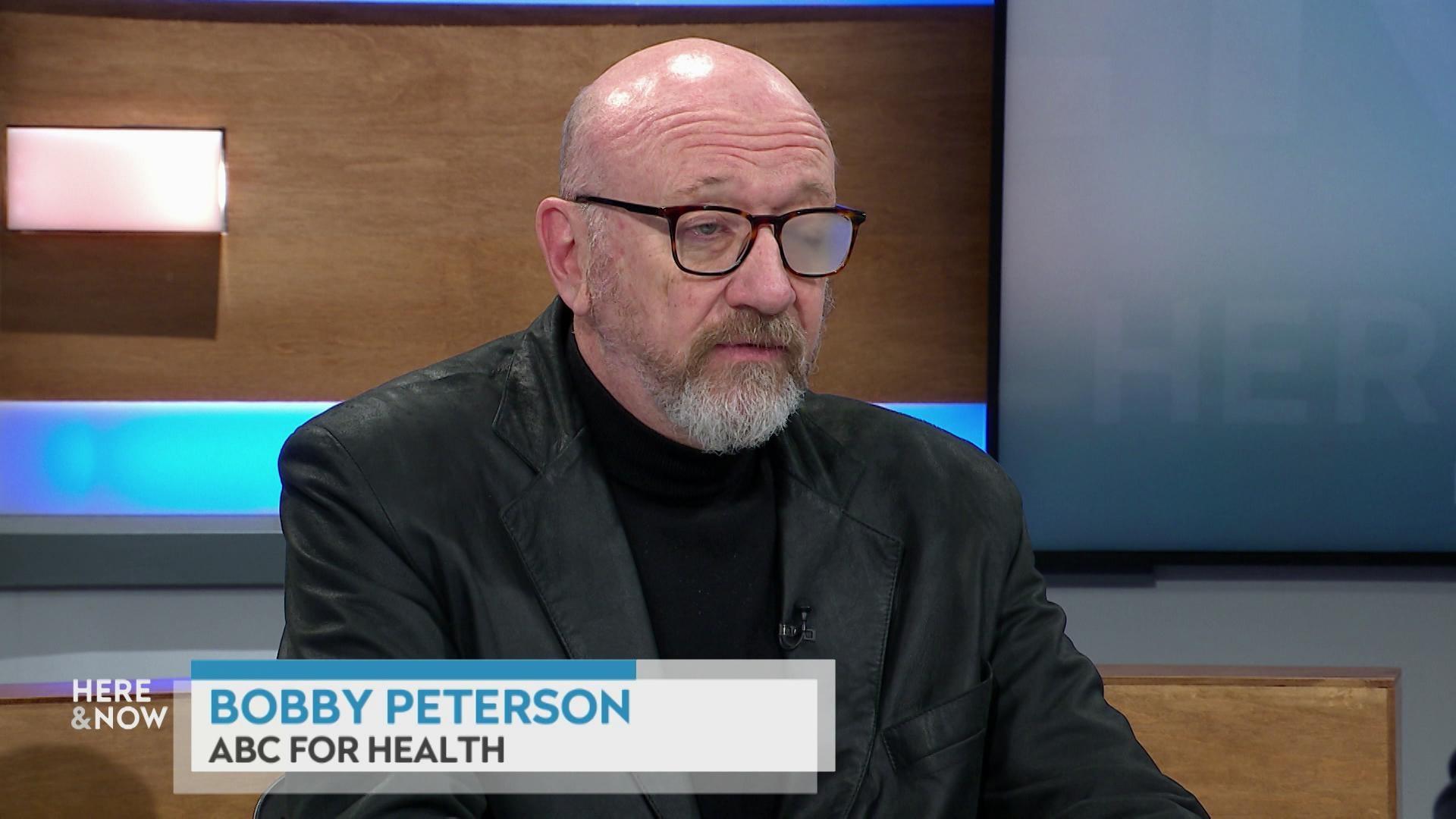
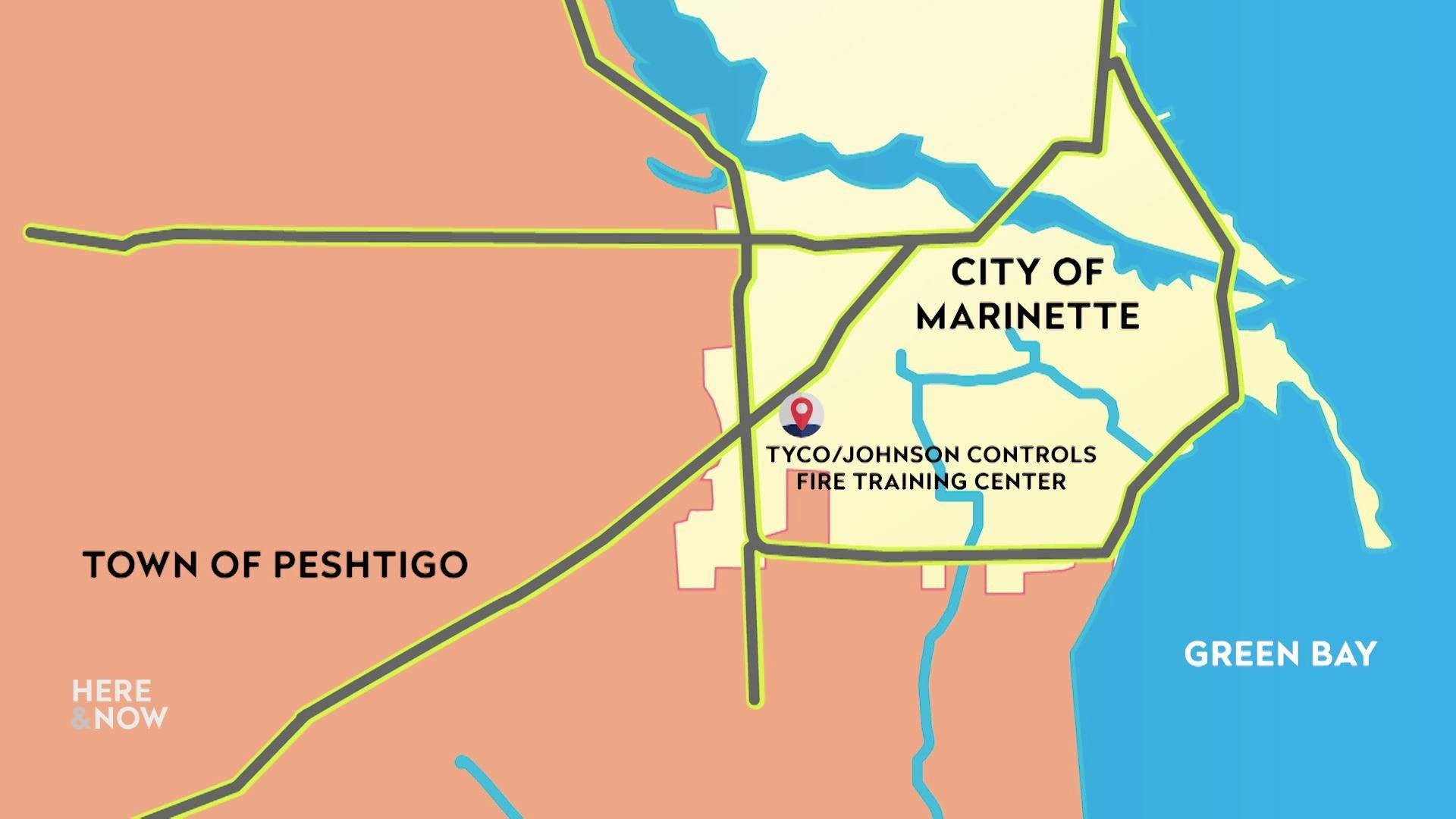
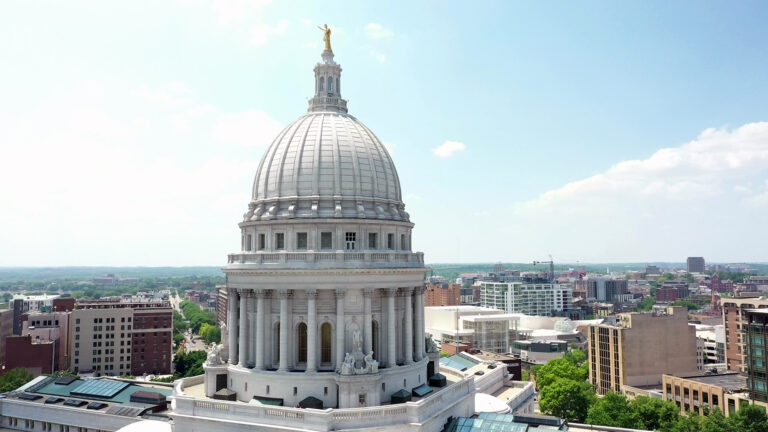
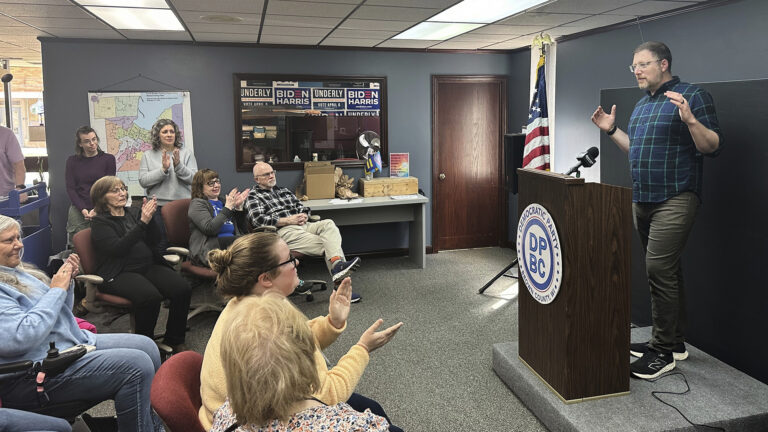

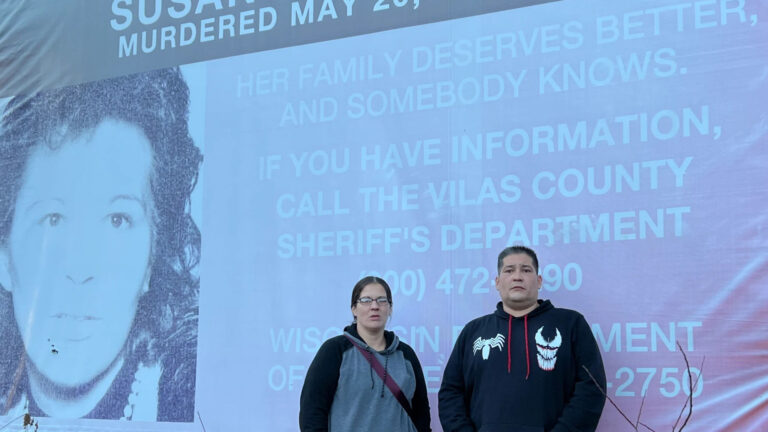

Follow Us